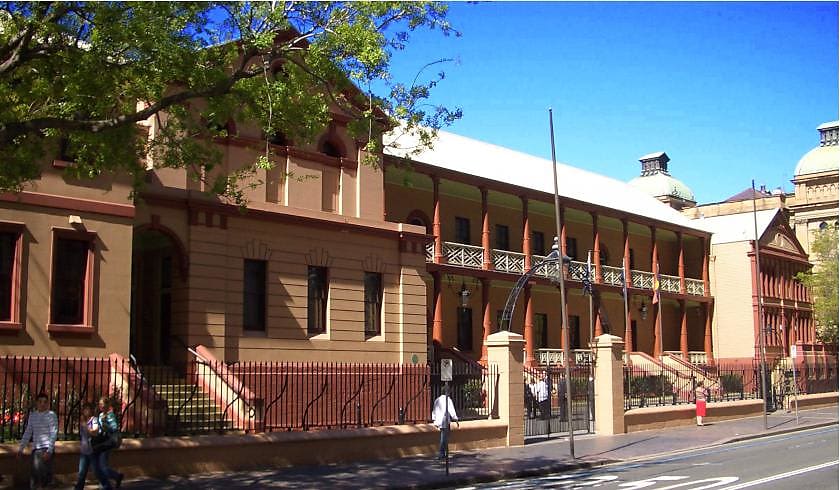REINSW tells new government to end property politics
While the guards have changed in the Parliament of NSW following the elections, a real estate body has emphasised that the state is still struggling with a complex housing crisis and renewed its calls for a decisive course of action to tackle the issue.

Tim McKibbin, chief executive for Real Estate Institute of NSW (REINSW), said that the housing market for both owner-occupiers and renters “is in crisis and is deteriorating”.
“Home ownership has been in long-term decline in NSW, leading to increases in the cost of housing and the cost of living,” he stated.
Mr McKibbin cited a REINSW report into home ownership, which showed the proportion of household renting from private landlords has risen from 19.7 per cent in the mid 1990s to 28.8 per cent in 2017 to 2018, while the number of tenants in state housing has dropped from 5.4 per cent to 3.7 per cent.
Further emphasising how home ownership is becoming a more distant dream for Aussies, he highlighted that the average age of first home buyers has significantly increased over the last 30 years and has accelerated in the last 10 years, with the average age of first home buyers now at 36.
“The time it takes the average household to save for a deposit is ridiculous. Paying rent while saving makes the task impossible for many,” he remarked.
Adding to the financial barriers faced by aspiring home owners, according to Mr McKibbin, are the taxes and charges applied by all three levels of government, which the institute estimated has inflated the price of new properties by 40 per cent.
“Stamp duty is a major disincentive to moving and limits the availability of homes suitable for first home buyers,” he stated.
The leader of the real estate body also criticised property being habitually used by politicians as a “political tool”, underlining that “short-term, knee-jerk policies designed purely to win votes” are having a tangible effect in discouraging people from investing in property.
And while there is a lot of talk from the government about “affordability”, he rebuked that the institution’s actions are focused on “tax”.
“The politicisation of housing must stop. To use peoples’ right to shelter as an electioneering tool is unconscionable,” he stated.
Anti-landlord policies were also pushing landlords to sell their rental properties and this was reducing supply and driving rents up, according to Mr McKibbin.
“Tenants are suffering from a lack of choice and it’s getting worse. Demonising landlords and agents, and allowing people to pay the property tax instead of stamp duty, does not put any additional property into the market,” he remarked.
Given the grim scenario, he said it’s “unsurprising” that housing affordability and the cost of living are at the top of the list of peoples’ concerns, which, in turn, are adversely impacting people’s mental health.
With this, he said it’s essential to “begin to reverse the decline in home ownership to ease these concerns and improve the state’s bottom line through increased consumer spending, economic growth and GST revenue.”
“It is the government’s job to provide affordable housing for people. It must get on with the job,” he added.
To address the issue, the executive laid out courses of action to tackle the root causes of the housing crisis.
First, Mr McKibbin called on the government to reform the state’s property taxation system. “The NSW government currently collects around $15 billion in stamp duty revenue each year, yet many NSW citizens are unable to afford a home,” he said.
He noted property as an asset class shoulders a disproportionate amount of the tax burden. “Those who purchase shares, for instance, pay no tax to do so. Real property tax reform is essential.”
He advised that the Treasury should be instructed to model the optimal outcome for all stakeholders.
While he acknowledged concerns of reduced stamp duty revenue per transaction, he explained that this will be offset by an increase in the number of sales and higher GST revenue.
“We know that reducing the rate of stamp duty drives increased transactions,” he stated.
At the heart of the housing also lies the lack of supply, according to Mr McKibbin.
“NSW simply needs more property and that means building more homes. Until the government directs its attention exclusively to supply, the housing market will remain in crisis.
“We know that supply is the only answer. A 10 per cent increase in supply improves affordability by 25 per cent,” he explained.
Mr. McKibbin highlighted that bureaucratic hold-ups at the local government area (LGA) level are causing significant delays in bringing new supply to the market.
“Until the government directs its attention exclusively to supply, the housing market will remain in crisis,” he commented.
Mr McKibbin said more homes had to be built and that approvals process had to be streamlined, with local governments held to account.
